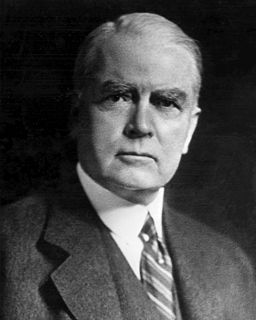A Quote by Joseph Joubert
Avoid singularity. There may often be less vanity in following the new modes than in adhering to the old ones. It is true that the foolish invent them, but the wise may conform to, instead of contradicting, them.
Related Quotes
It may be said of some very old places, as of some very old books, that they are destined to be forever new. The nearer we approach them, the more remote they seem: the more we study them, the more we have yet to learn. Time augments rather than diminishes their everlasting novelty; and to our descendants of a thousand years hence it may safely be predicted that they will be even more fascinating than to ourselves. This is true of many ancient lands, but of no place is it. so true as of Egypt.
we look up and we hope the stars look down, we pray that there may be stars for us to follow, stars moving across the heavens and leading us to our destiny, but it's only our vanity. We look at the galaxy and fall in love, but the universe cares less about us than we do about it, and the stars stay in their courses however much we may wish upon them to do otherwise. It's true that if you watch the sky-wheel turn for a while you'll see a meteor fall, flame and die. That's not a star worth following; it's just an unlucky rock. Our fates are here on earth. There are no guiding stars.
But these dear boys and girls--there is, something to be made out of them. If now they yield themselves to Christ they may have a long, happy, and holy day before them in which they may serve God with all then hearts. Who knows what glory God may have of them? Heathen lands may call them blessed. Whole nations may be enlightened by them. O brethren and sisters, let us estimate children at their true valuation, and we shall not keep them back, but we shall be eager to lead them to Jesus at once.
I believe modern SF needs to at least be aware of the singularity, if only so that it can dismiss it intelligently (or work around it). But I suspect the singularity is like faster-than-light travel for the IT generation. We may hope for it, and the rules don't forbid it, but we don't know how to do it yet (and it may not be possible).
Our challenges may be new. The instruments with which we meet them may be new. But those values upon which our success depends -- honesty and hard work, courage and fair play, tolerance and curiosity, loyalty and patriotism -- these things are old. These things are true. They have been the quiet force of progress throughout our history. What is demanded, then, is a return to these truths.



































